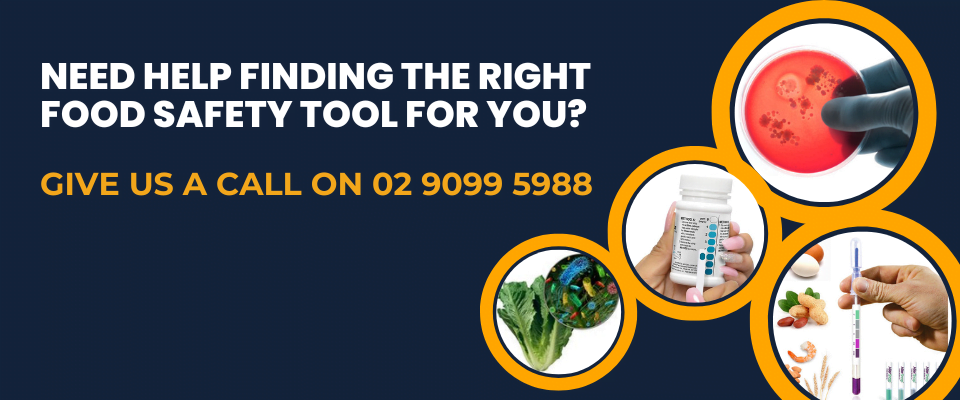Hazard Analysis and Critical Control Points (HACCP) is a food safety management system that is widely used by food and beverage companies around the world, including in Australia. HACCP is a preventative approach that aims to identify potential hazards and control them before they become a problem, ensuring the safety and quality of the products produced by the industry.
In Australia, HACCP is a legal requirement for all food and beverage companies. The Food Standards Australia New Zealand (FSANZ) has set out the requirements for HACCP in the Australia New Zealand Food Standards Code, which outlines the standards for food safety, labelling, and composition.
The HACCP system involves seven principles:
1. Conduct a hazard analysis: This involves identifying potential hazards in the production process, such as biological, chemical, or physical hazards.
2. Determine the critical control points (CCPs): These are the points in the production process where control measures can be applied to prevent or eliminate a hazard.
3. Establish critical limits: These are the limits that must be met to ensure that the CCPs are under control. For example, the temperature of the food must be above a certain level to ensure that any harmful bacteria are destroyed.
4. Implement monitoring procedures: These procedures are used to ensure that the critical limits are being met at the CCPs.
5. Establish corrective actions: These are the actions that must be taken if the critical limits are not met, such as stopping the production process and correcting the problem.
6. Implement verification procedures: These procedures are used to ensure that the HACCP system is working effectively, such as regular inspections and audits.
7. Establish documentation and record-keeping: This involves keeping accurate records of the HACCP system, including the hazard analysis, CCPs, monitoring procedures, corrective actions, and verification procedures.
Companies in the food and beverage industry in Australia require HACCP for several reasons. First and foremost, it helps to ensure the safety of the products they produce. This not only protects consumers but also helps to protect the company’s reputation and bottom line. Foodborne illness outbreaks can be costly in terms of lawsuits, recalls, and damage to the brand’s image.
Secondly, HACCP is a legal requirement in Australia. The FSANZ requires all food and beverage companies to implement HACCP to ensure that their products are safe and comply with food safety standards.
Finally, implementing HACCP can also improve the efficiency of the production process. By identifying potential hazards and controlling them before they become a problem, companies can reduce waste and improve overall productivity.
This is where HACCP Plus comes in. HACCP Plus was created to allow our busy customers the chance to purchase their food safety tools online 24/7, to fit in with busy schedules. We specialise in a wide range of DIY diagnostic kits that can help you stick to your HACCP Plan. Browse our range of rapid hygiene, allergen and microbiology tests online today.






